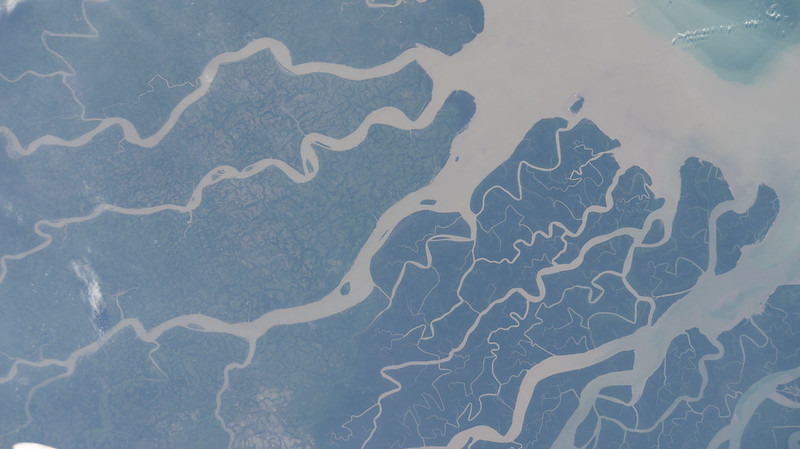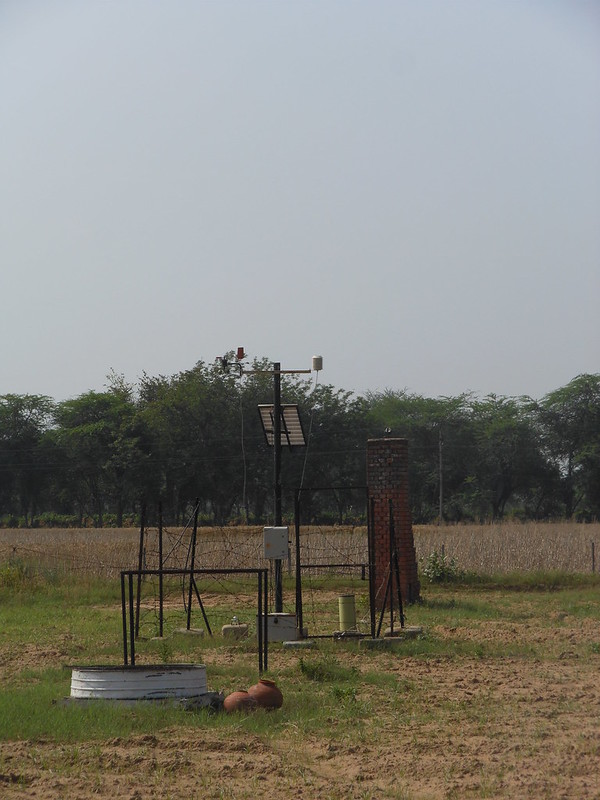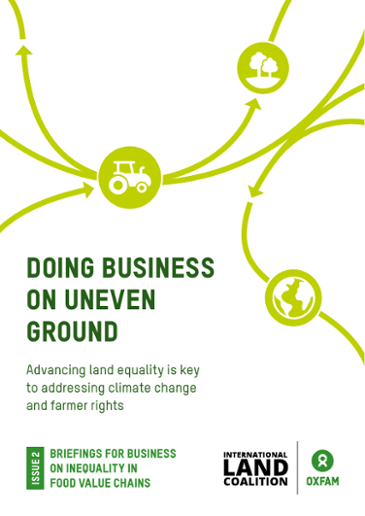Adopting the Local Knowledge of Coastal Communities for Climate Change Adaptation: A Case Study From Bangladesh
Bangladesh has a unique coastal system with both proximity of climatic vulnerability and opportunity, having rich coastal resources. The upkeep of people's livelihoods in the coastal zone largely depends on the degree to which key stakeholders at all levels of decision-making can participate in climate adaptation planning and implementation processes.








